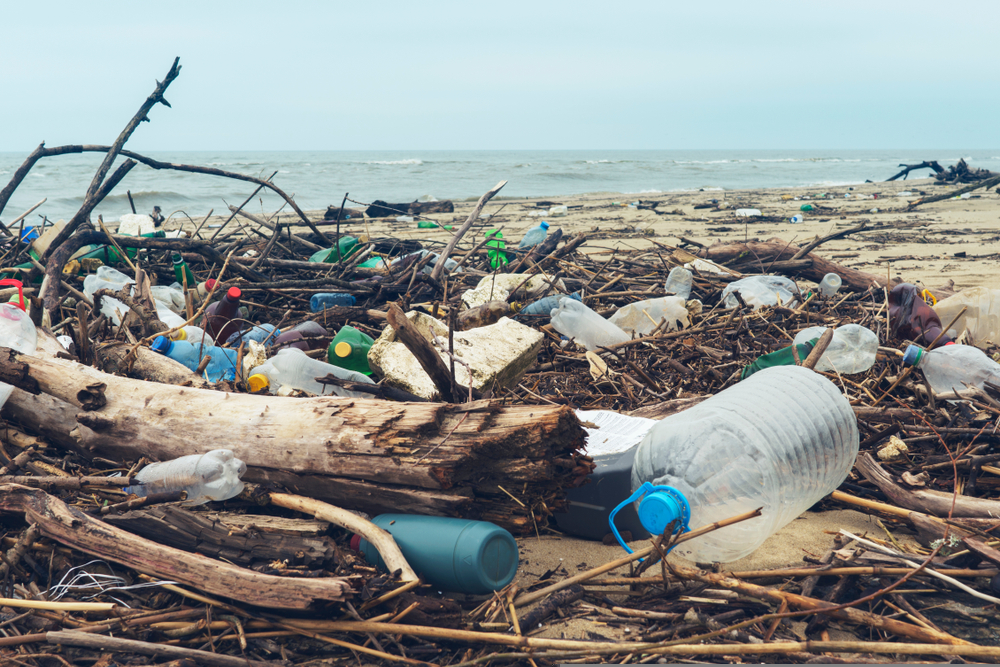Some 43% of all plastic waste generated this year will end up as pollution, with over 68 million tonnes of plastic ending up in nature, according to the numbers behind the inaugural Global Plastic Overshoot Day.
The gloomy figures from Swiss-based research consultancy, Earth Action (EA) mark 28 July the point where the amount of plastics produced exceeds the world’s capacity to manage it, resulting in pollution.
For the first 208 days of 2023, plastic waste is typically well-managed, meaning it is collected and then either recycled, incinerated or deposited in a sanitary landfill. However, from this point onwards, waste generated by the country ultimately finds its way into the natural environment.
The Global Plastic Overshoot Day report found that 12 countries are responsible for 52% of the world’s mismanaged plastic waste, with India, China, and Brazil at the top of the list.
Each country has its own Plastic Overshoot Day, which is determined by the amount of plastic waste generated and the country’s capacity to manage it. The UK’s day falls on 17 November, with around 30kg of plastic consumed per person each year.
The EA marks the UK as a ‘transactor’ – a country with high rates of plastic consumption and use where waste tends to be well-managed, although circular systems are not yet in place.
Subscribe to Sustainability Beat for free
Sign up here to get the latest sustainability news sent straight to your inbox each morning
Countries have varying capacities to effectively manage the plastic waste they generate, with some having more advanced waste management systems than others. By 8 January 2023, it was estimated that around 40% of the world populations lives in a location where the generation of plastic waste has surpassed local waste management system capacity.
Iceland sits at the top of Plastic Overshoot Day’s list when it comes to plastic consumption on a per-person basis due to its sparse population and reliance on imported goods, with residents having a yearly consumption of 128.9 kg per person.
This is 50 times higher than the yearly consumption per person in Bangladesh who consumes 2.59 kg. The global average consumption of plastic per person per year is 20.9 kg, with a total worldwide consumption of 158,943,925 tons per year.
“Today should be a pivotal moment in the global plastic waste crisis. We all have a crucial role to play,” said founder and chief executive of Earth Action, Julien Boucher.
“Now what is required is extensive and ambitious interventions from global governments and corporations, who can lead the change towards sustainable production practices.
“Without this, the Plastic Overshoot Day date will only be brought forward every year. If we can measure and report our carbon footprints, why can’t we do the same for plastic?”
To mitigate plastic pollution and postpone the UK’s Plastic Overshoot Day, the EA recommends installing circular systems and reducing plastic consumption.















